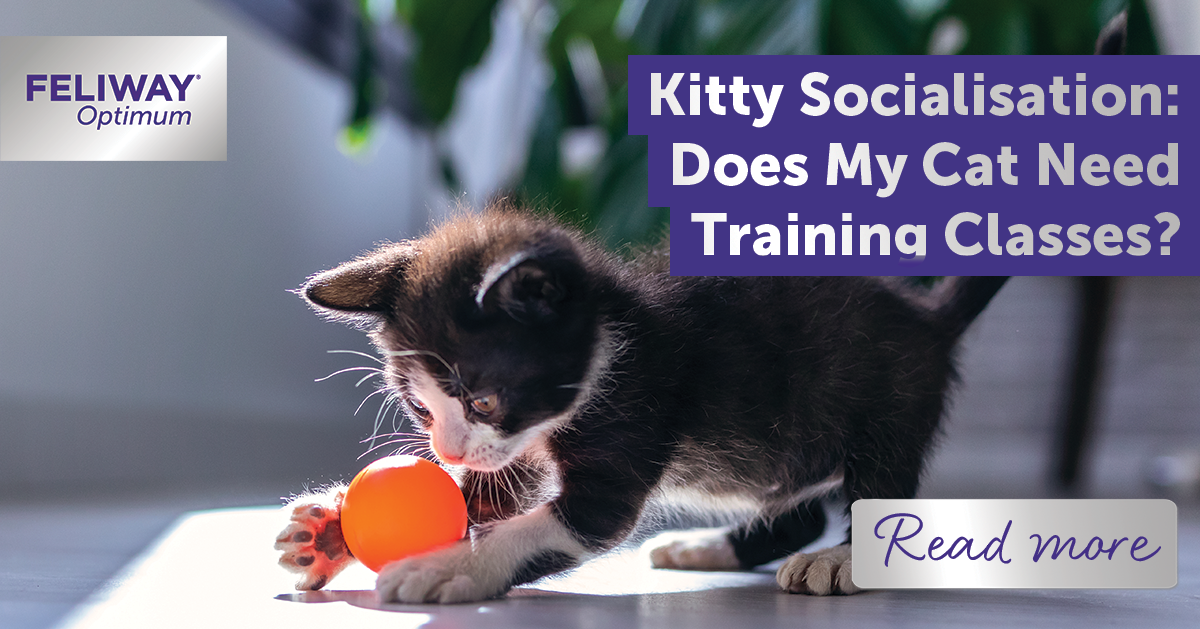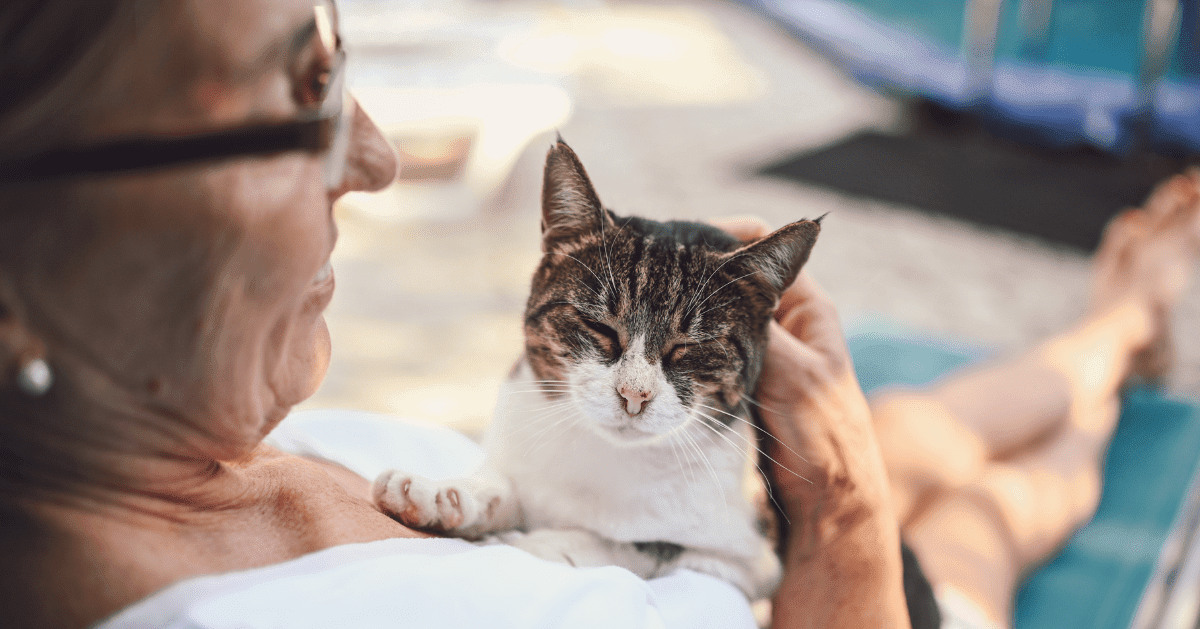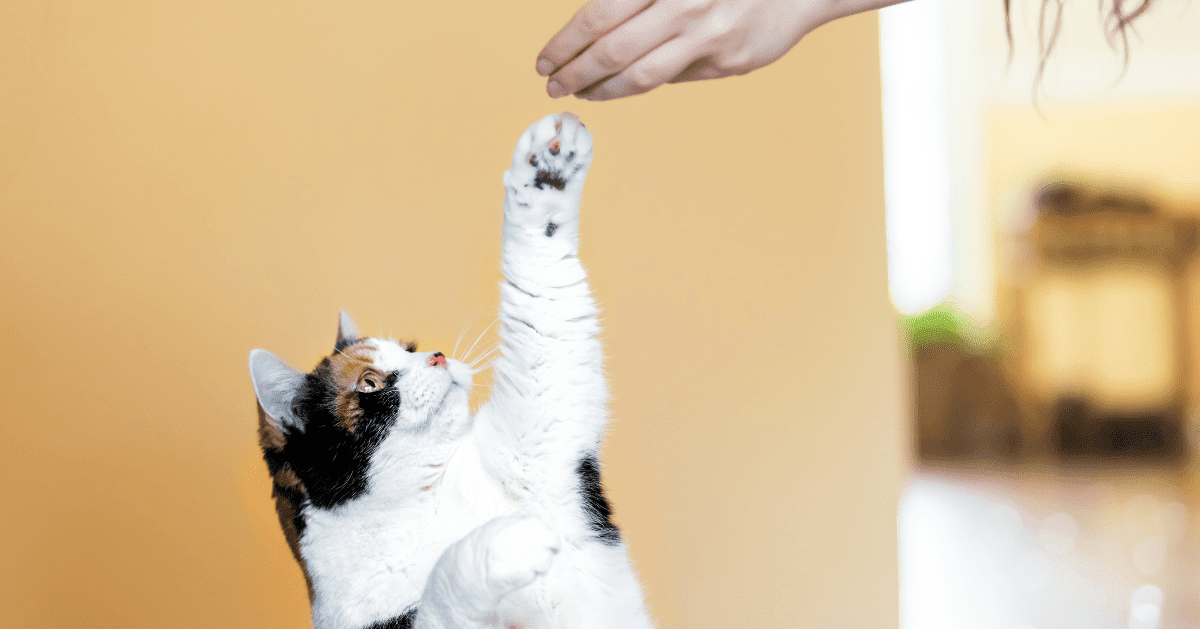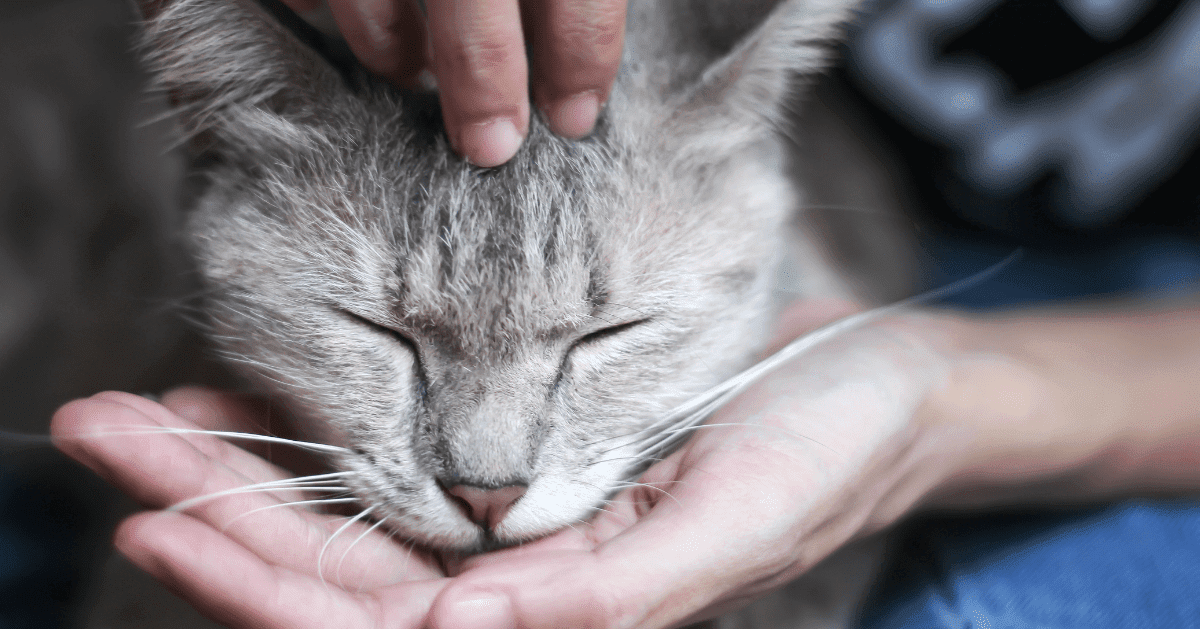
Kitty Socialisation: Does My Cat Need Training Classes?
Like human babies, a kitten needs to learn how to develop and grow safely into a healthy and loving adult.
From the moment they are born, a kitten will have different experiences. They will have to learn how to live with their siblings and this will include sharing their mother's milk, sleeping together and learning how to play and defend themselves. This is when their social skills will start to develop, and you will see them chasing, pouncing, kneading, and often looking as if they are fighting or testing the boundaries with their siblings!
Genetics also play an important role in your cat's development and social traits. A recent study discussed by International Cat Care found that there were genetic links between cat breeds and specific behaviours they performed.
If you are new to kitty adoption, there are a number of things to be considered, as well as kitty socialisation and training classes. This Kitten Checklist from The Cat Group is a great resource for helping you to find a healthy, friendly kitten and includes questions about what a kitten has experienced during its sensitive period.

Does my Cat Need Training Classes?
Cats and kittens can be independent - and they don't necessarily rely on relationships with humans to survive - which makes it more important to start training your kitten as early as you can in order to develop that feline/human bond.
A well socialised kitten will be able to cope with most situations when it grows into adulthood, and be able to handle stress more easily. When training your kitten you will be helping them to be able to adapt.
There are online training classes available which can help you through the socialisation period of training your cat and these are a good alternative to taking your kitty along to an in-kitty class.
Some vet clinics run classes for new owners of kittens up to the age of 13 weeks old; and attending these classes comes with many benefits:
- Travelling to the class helps your kitten get used to travelling in a carrier
- It allows your kitten to experience a new environment
- It introduces them to the vet, which will be useful when you need to take them for their regular checks, get microchipped etc, as they will realise that this is a safe and comfortable environment for them.
- They will learn to be around other cats; normally these classes have only a small number of kittens so that your kitten will not get overwhelmed, and the staff running the class will know what signs to look out for that indicate stress or anxiety. In fact, some training classes will even have a FELIWAY Optimum diffuser running to help create a calm environment.
- You will learn some kitty care skills.
- Helps to make travel and visits to the vet less stressful in the future.
- Using FELIWAY Classic Spray in the car 15 minutes before travel will help your cat stay calm and reduce stress on-the-go
It is important that you do not force your kitten to interact with other kittens if they do not want to, so try to ensure that their experience is a positive one.

When to train your cat
A kitten's critical 'socialisation period' is quite young - between the age of 2 and 7 weeks. This is when they are the most receptive, but it is thought that up to 12 weeks old, positive exposure to humans and other pets and their environment can still be beneficial. During this period, they will start to learn the difference between safe and unsafe, and they will start to build bonds and test the boundaries!
Given that kittens do not leave their litter until they are at least 8 weeks old, this gives you only a short window to get to know your kitten and develop their socialisation skills, so it's important that you are aware of the responsibilities and are able to commit the time and energy required before you adopt a kitten.
The older they become, the more difficult it might be for your cat to get used to new things, but it is not an impossible task and there are many cats that have settled into a new home very successfully, with the right preparation and patience.
What socialisation training do cats need?
Domestic cats need to be able to spend quality time with humans and the more often they are handled when they are young, the more confident they will be when they are older.
When kittens are young, being handled - gently - by family members in short bursts will help your kitten adjust and become used to close physical contact.

Some tips for socialisation training include:
- Let the kitten come to you, rather than forcing them to interact.
- Use a calm and gentle tone and support all of their body when lifting them.
- Keep the handling sessions short - remember kittens get tired and need lots of naps
- Reassure them all the time.
- Stroke their favourite spots - on their head or around their ears, for example.
- Reward them with food and treats - but remember not too many - you don't want an overweight kitty.
- Play games with them (this will help develop other instinctive behaviours, like chasing, pouncing and catching too).
- Share the fun! Research has shown that kittens socialised with more than one person, made fewer attempts to escape. It's good to have different people - some who wear glasses, different ages, both males and females, different clothes etc - as it will help your kitty become comfortable around all sorts of people.
- Get down to their level to play, rather than towering over them.
Remember that any negative interaction, particularly during their socialisation period, could have adverse effects on future interactions as your cat gets older. If your kitten shows signs of getting nervous or anxious, try to distract them or stop the interaction.
If you have other pets in the home, make sure that your new kitten is settled into the home before you start introducing them to each other. Keep an eye on both pets' body language and be ready to intervene if necessary. It's best to keep their interactions short to start with, so they can gradually get used to one another.
Support Socialisation with FELIWAY Optimum
FELIWAY Optimum is a great way to support your kitten as they learn about their new home and all the new experiences they come across. It helps cats with more signs of stress, in more situations, and calms cats better than ever.



































